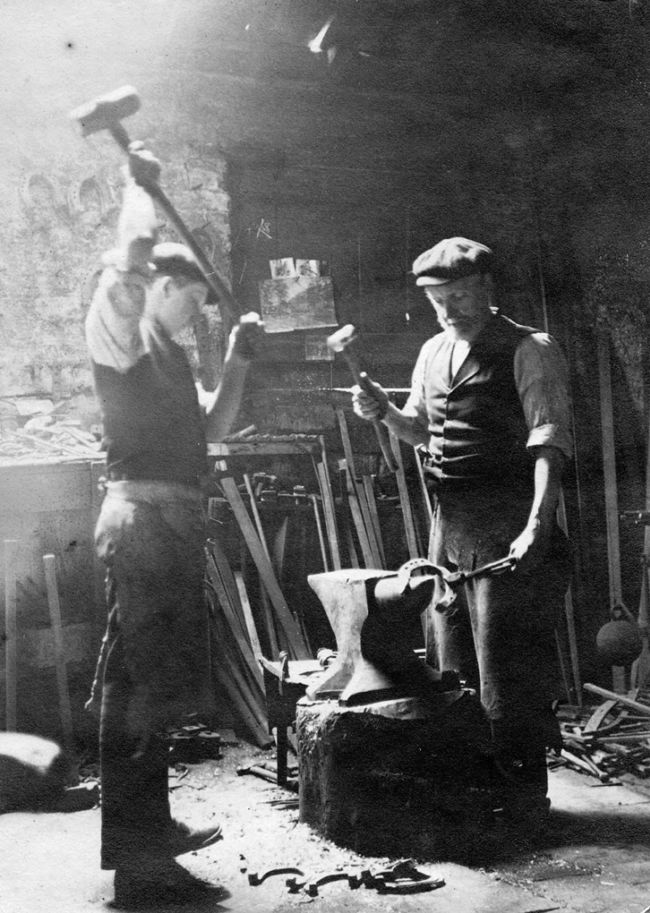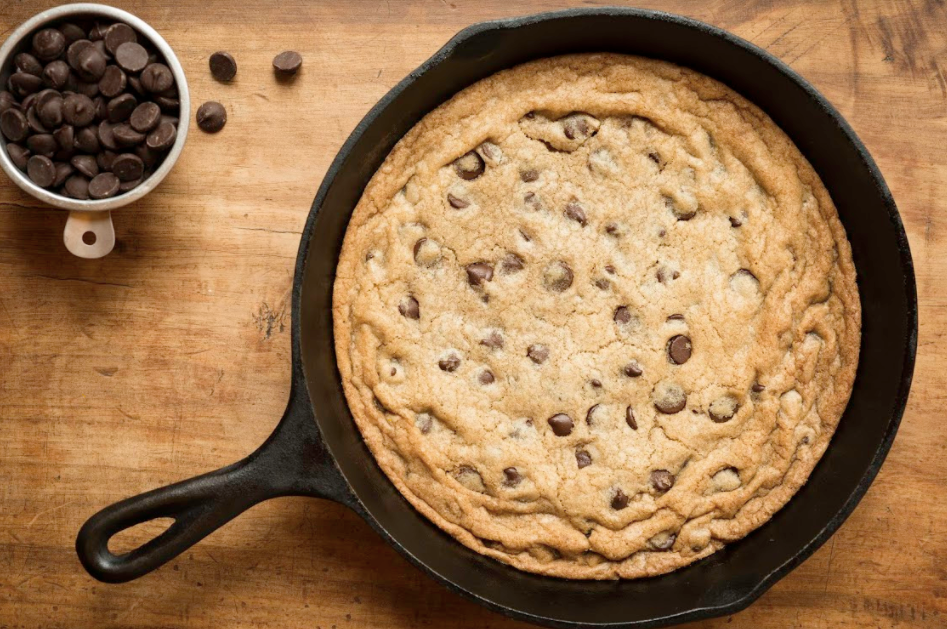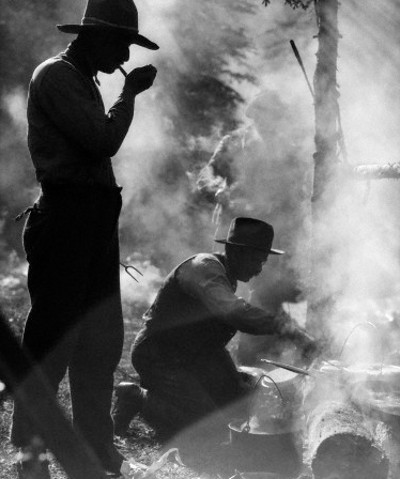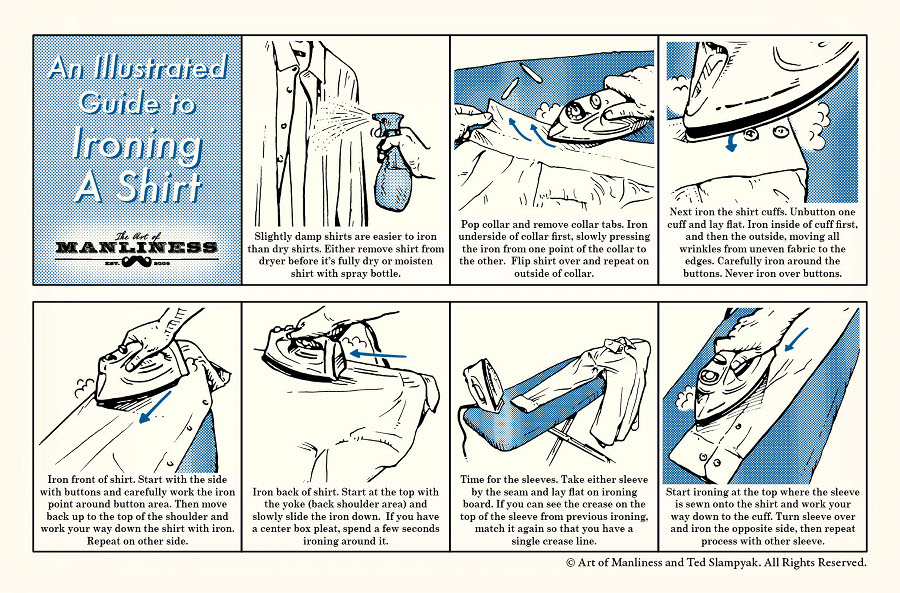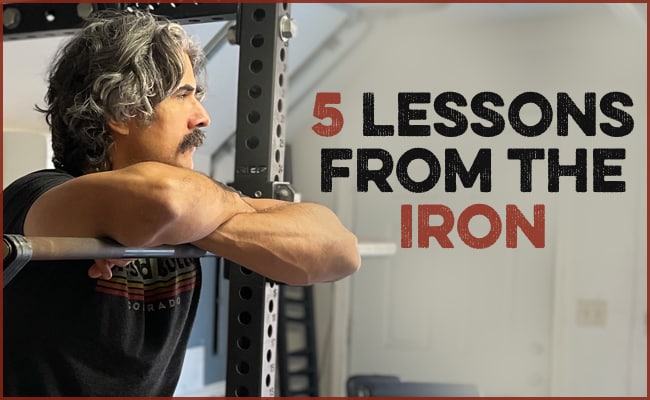
Over eight years of training, I was able to get strong. But more importantly, I discovered a hobby that brought me immense satisfaction.
While I don’t barbell train like I used to, I still religiously lift weights.
During my eight years of serious training, I’ve learned some important life lessons from the iron.
Below, I share five of them.
1. Success Comes From a Long Obedience in the Same Direction
When people decide to get serious with exercise, they tend to focus on the minutiae of their new regimen. People spend a lot of time looking for the right program and the right equipment. They think they’ll see incredible gains if they find the optimal set and rep range.
But there’s something just as, if not more important, than the training program you choose:
Being consistent with it for months and even years.
How did I deadlift 600 pounds? I trained consistently for six years. Sure, my programming changed during that time, but the thing that didn’t change was me going down to my garage four times a week to train.
The necessity of consistency applies to every other endeavor in life.
I’ve used the consistency principle to lose 30 pounds this year. I didn’t do any crash dieting. I just gradually reduced my calories and stuck to my macro target almost every day for eight months. That’s it.
When people ask me for advice about their online business, they often ask me about the tools and tricks Kate and I use that helped us get AoM to where it is today.
Keeping up with the latest trends in technology, marketing, and social media hasn’t been nearly as important as simply sticking to our publishing schedule; for coming up on sixteen years now, we’ve published several pieces of content nearly every single week. AoM isn’t slick, flashy, or even particularly cool, but it is consistent.
As Nietzsche put it, “everything of the nature of freedom, elegance, boldness . . . and masterly certainty”; everything to do with “virtue, art, music, dancing, reason, spirituality”; everything “that is transfiguring,” that makes “life worth living,” is premised on one thing:
A “long obedience in the same direction.”
The trick is figuring out ways to stay consistent over the long haul.
When it comes to exercising, we’ve written about how to work out while you’re on vacation, sick, or simply don’t feel like it. There’s plenty of good advice there, and I think it carries over to other parts of life, too.
But the real secret for staying consistent over the long haul is that . . .
2. You Got to Have Ganas
Ganas is Spanish for desire.
I’ve written about the centrality of ganas in finding success in whatever you do.
Most of the things I’ve achieved in life were because I really wanted to accomplish those things. I had ganas for those goals.
A big reason I was able to deadlift 600 pounds is that I really, really wanted to deadlift 600 lbs. That strong desire was what compelled me to rarely miss a workout for four years. My coach could give me programming and offer corrections on technique, but he couldn’t make me want to go after a 600-lb deadlift. I had to have the desire myself.
Discipline is really harped on these days as the key to success.
Discipline is one way to achieve the consistency that’s essential to reaching your goals.
But constantly exercising self-control is exhausting.
A better way to stay consistent is to operate with inherent motivation — to enjoy the thing you’re doing so that you want to do the thing that will lead to success.
What William George Jordan said about duty applies to discipline as well:
Duty is a hard, mechanical process for making men do things that love would make easy. It is a poor understudy to love. It is not a high enough motive with which to inspire humanity. Duty is the body to which love is the soul. Love, in the divine alchemy of life, transmutes all duties into privileges, all responsibilities into joys.
I loved going for big PRs, which is why I could be consistent with powerlifting for so long. Kate and I love working on AoM, which is why we’ve been able to do it for over a decade and a half.
Love, desire, is the motor that powers your progress.
3. Progress Isn’t Linear
In my quest for barbell PRs, I had a lot of ups and downs. Some weeks, I’d make consistent progress, and some weeks, I went backward. I’d have weeks where I’d deadlift 500 pounds with ease one workout, and then the next, I couldn’t even budge 405 off the floor. Injuries and sickness would pop up and throw my progress out of whack for weeks and even months.
At first, the up-and-down nature of my progress frustrated the heck out of me, but eventually, I learned that the undulations were part of the process. I adjusted my expectations to the fact that I wouldn’t have continuous linear progression. That did a lot to assuage my angst.
I also had to teach myself to approach my plateaus and setbacks with some detachment. Instead of freaking out about it and dramatically changing my programming, I just kept doing what I was doing for the most part. Usually things started moving forward again. If I needed to make a change, they’d only be minor tweaks.
I’ve seen the idea that progress isn’t linear in other parts of my life. During my weight loss journey this year, I’d have weeks where I didn’t lose weight or even gained a few pounds. I didn’t freak out. I just stuck to the plan and made minor adjustments now and then.
My mood is another area where I’ve seen progress, but not linearly. I’m mercurial and melancholy by nature. I’ve struggled with the black dog for most of my adult life and been consciously working on it for the better part of 15 years. Overall, I think I’m in a much better place now with my mood. Kate would affirm this. My temperamental troughs are less frequent than they were a decade ago, and when they hit, they’re shorter in duration.
But there have been many ups and downs along the way to get to this point. The big thing that’s changed is that when I backslide, I don’t beat myself up over it. I just see it as a setback and stick to my long-standing plan for keeping the black dog leashed.
4. You Have to Learn How to Grind
A skill I had to learn how to develop in my barbell training was “grinding.” The “grind” is when you keep exerting yourself on a rep as much as you can for as long as you can, even though your body is telling you to stop. A successful grind doesn’t mean you’ll necessarily complete the rep (though you’ll often manage to do so); it just means you push or pull as hard and as long as you can before you cry uncle. You give it your all and leave nothing on the platform.
Grinding is what you do when you’re training to failure, which is how you increase the size of your muscles.
Grinding isn’t something you naturally want to do. It’s incredibly uncomfortable. Your natural tendency is to want to stop a lift once it starts to get hard. However, research has shown that much of the “wall” we run into isn’t physical; it’s mental. We can override this innate desire to quit uncomfortable physical activity. You just have to practice this override mode. Grinding is an acquired skill.
My ability to grind on the platform has carried over to other parts of my life. I’ll have moments with work when I just want to give up, but I’ve learned to override that feeling and grind a bit longer. I’ve learned that it’s in the grind that growth happens. Or as entrepreneur Seth Godin puts it: “It’s always the hard part that creates value.”
5. Reaching Goals Won’t Make You As Happy as You Think
I hit a bunch of PRs during my serious barbell training days. For some of those PRs, I’d have to train for a long time to achieve it. For example, reaching 315 pounds on my bench press — the awesome-feeling three-plate milestone — took me three years.
You’d think I’d be incredibly happy and excited when I achieved the goals I had worked on for years, right?
Well, I was.
But only for about a minute.
An hour later, I felt exactly the same as before I hit the PR.
A day later, I wasn’t even thinking about it. I was thinking about my next PR.
Paul Carter calls the idea that you’ll be over-the-moon happy when you achieve a big weightlifting goal the “arrival fallacy.”
The arrival fallacy is the belief that once you achieve some goal, you’re finally going to unlock the happiness you’ve long desired. But the post-goal happiness you experience is fleeting. So you continue the chase by setting a new goal. And on the cycle goes.
It’s not that this cycle doesn’t carry its own satisfactions and isn’t excellence-producing. It does and it is. But you have to manage your expectations. If you think that notching a goal will make you happy in the sense of a sustainably elevated mood, you’re going to be disappointed. But, if you think that notching a goal will make you happy in the sense of giving your life purpose, structure, drive, and the joy that comes from tackling challenges, then goal-setting and attaining will enhance your life.
Whether you’re hoisting barbells, learning a musical instrument, or trying to make it as an entrepreneur, it’s about coming to love the process even more than the results.


